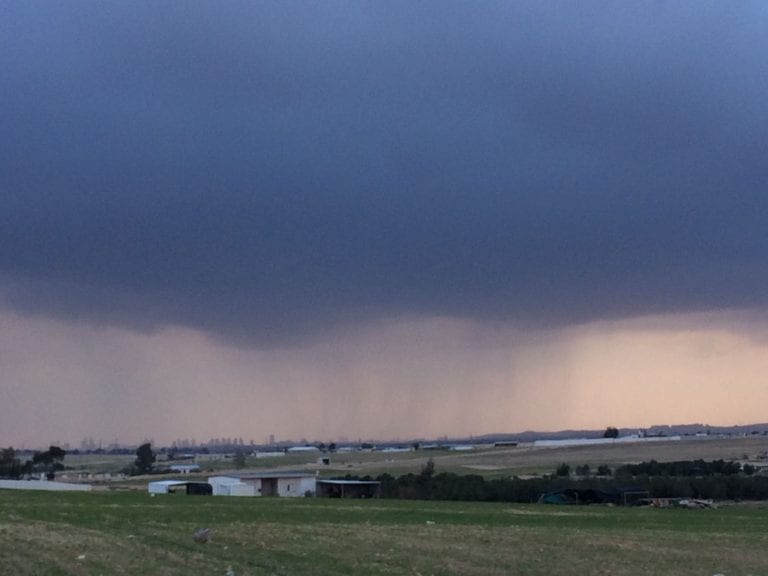
Off-grid energy systems are the main electricity source in rural Bedouin villages in the Negev. Due to the need for electricity, Bedouin households took upon themselves the responsibility of buying and installing photovoltaic (PV) systems. This study is the first of its kind to present data on energy poverty and installed PV systems at the recognized and unrecognized Bedouin villages to assess their future electricity needs. Interviews were conducted in four Bedouin villages (Wadi El Neam, Qasr El Sir, Wadi Areha and Ber Hadaj). It was found that although Bedouin households rely heavily on the PV systems to provide them with the electricity needed in their daily lives, they use the diesel generators when the PV systems are not able to produce energy. It was also found that the generated electricity from PV systems is limited and insufficient to meet basic needs and this limitation shapes villagers’ daily lives. The Bedouin communities use minimum energy consumption associated with their basic necessities. Enlarging the current installed photovoltaic system emerged as an urgent need.
“Practical Challenges of Photovoltaic Systems in the Rural Bedouin Villages in the Negev”
Emily Kattan, Suleiman Halasah and Tareq Abu Hamed
J Fundam Renewable Energy Appl 8: 258, May 2018

